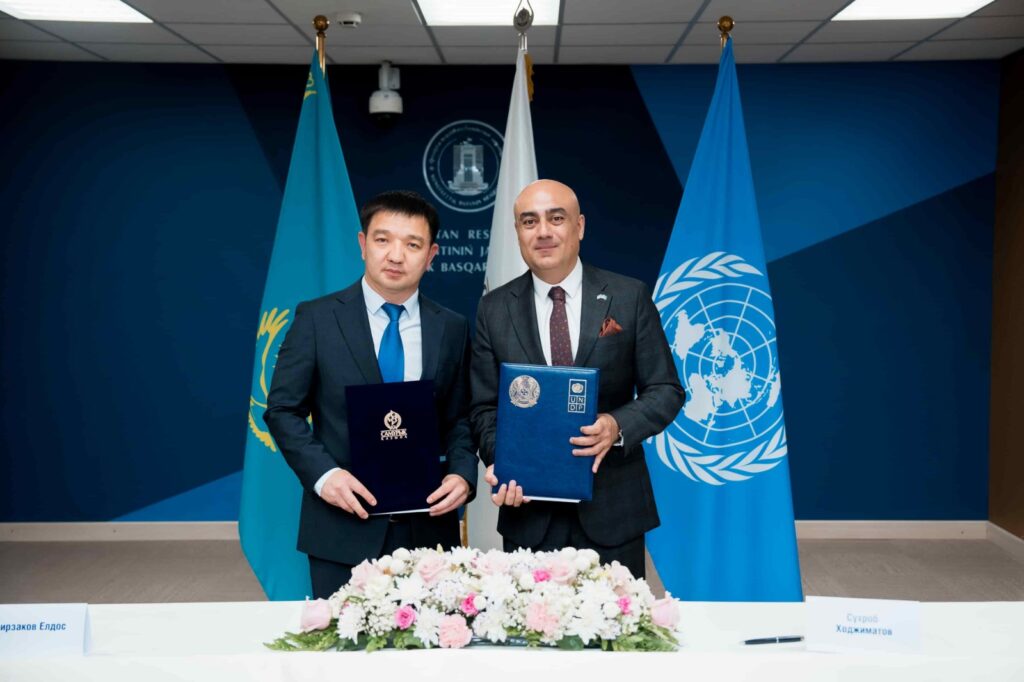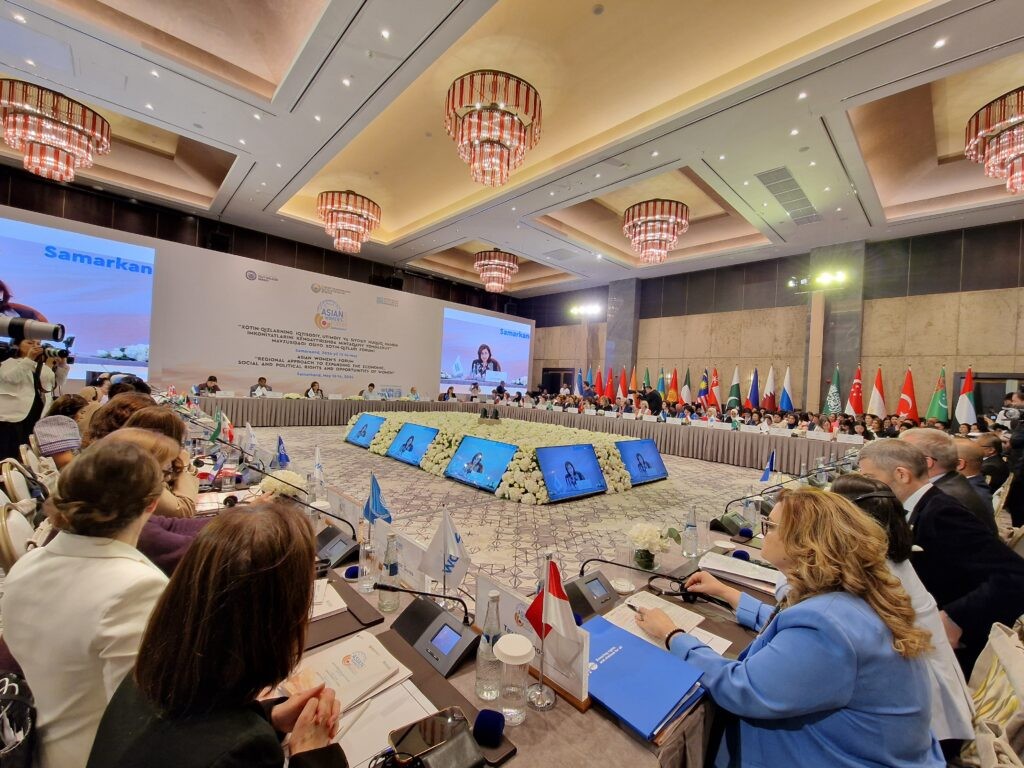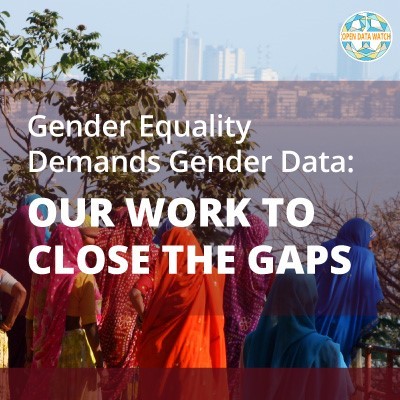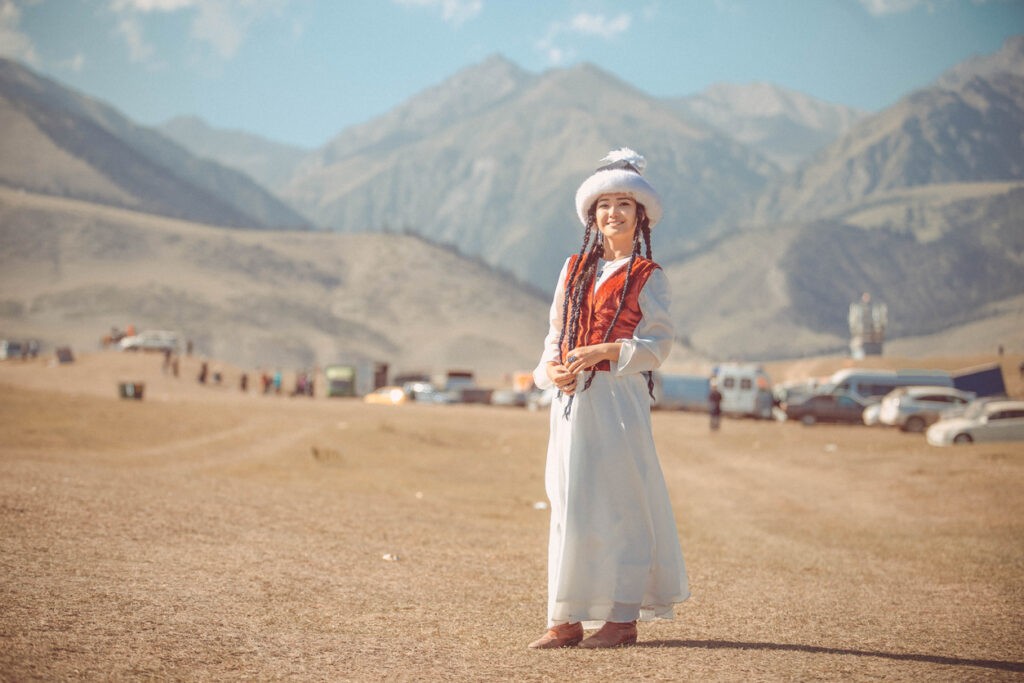UNDP and Samruk Kazyna Support Socially Vulnerable Young People in Kazakhstan
The United Nations Development Programme (UNDP) in Kazakhstan and Kazakhstan’s National Welfare Fund Samruk-Kazyna JSC have signed a non-financial statement of intent on cooperation to support socially vulnerable young people in the regions of Kazakhstan. According to a report issued by UNDP Kazakhstan, the agreement will also promote responsible business practices addressing potential human rights violation risks, and introduce principles of gender equality to overcome gender discrimination in companies associated with the Samruk-Kazyna Fund. Gibrat Auganov, Managing Director for Corporate Governance, Social and Labour Relations and Occupational Health and Safety of Samruk-Kazyna JSC, commented: "As part of our cooperation with the UNDP, we are launching an internship programme at our companies to support socially disadvantaged young people from the various regions of Kazakhstan. We are also planning a number of initiatives in the field of human resources and social policy - based on global standards of gender equality and human rights protection." Over 300 young people from the Mangystau and Kyzylorda regions are expected to complete internships at Samruk-Kazyna companies this year. The joint internship programme is a key component of the UNDP regional initiative "Strengthening Community Resilience to Prevent Violent Extremism in Central Asia," funded by the government of Japan. As part of the partnership, UNDP will also provide technical support to Samruk-Kazyna JSC to conduct a gender assessment of the holding's activities, develop an action plan and provide training on human rights due diligence and gender equality. "This partnership has three main objectives that reflect our shared desire to create a more just, responsible and inclusive future,” said Sukhrob Khojimatov, UNDP Deputy Representative in Kazakhstan. “Implementing human rights standards and gender equality strategies brings tangible economic benefits. This helps businesses attract and retain talented employees, encourages innovation, improves financial performance and enhances their reputation among consumers and investors.”






